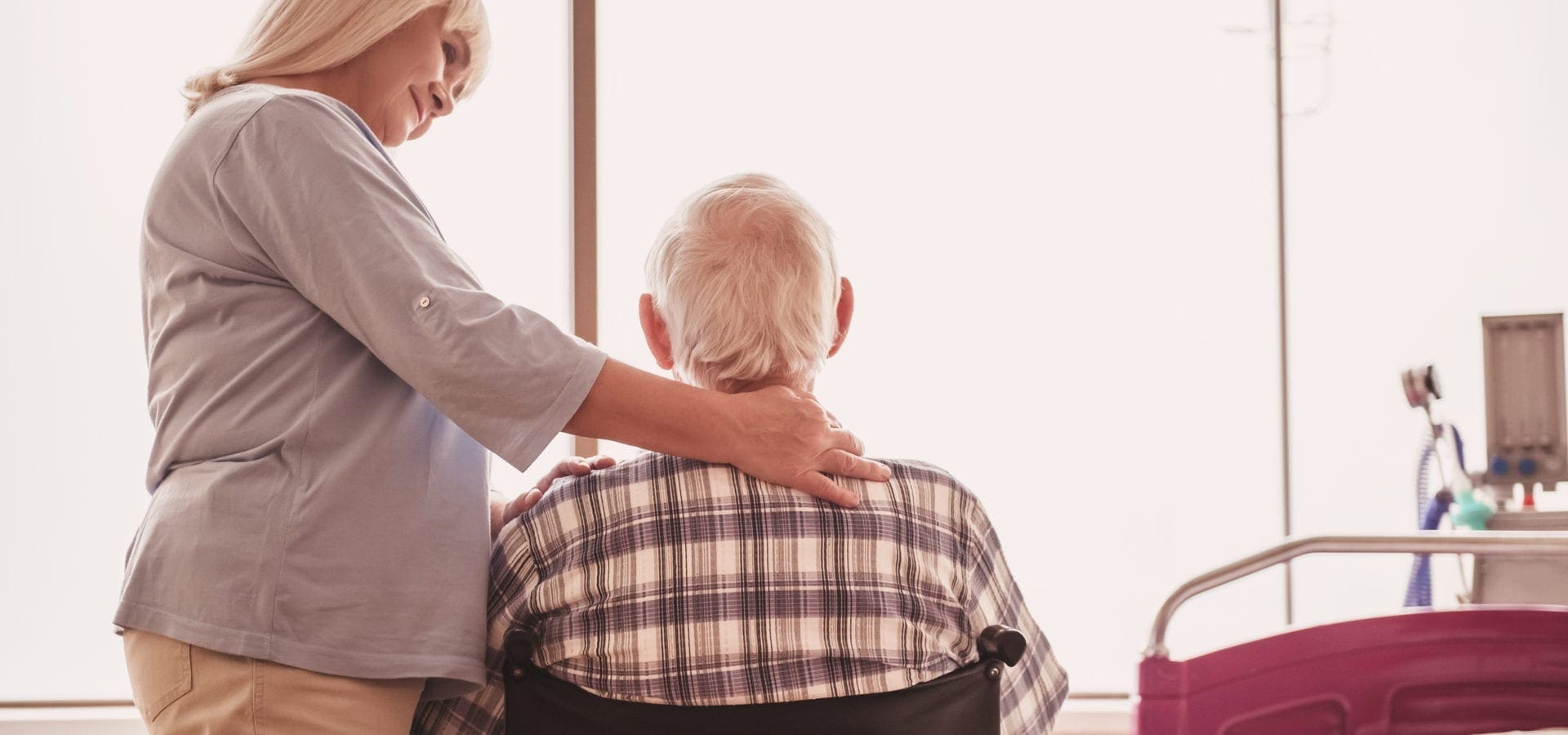According to the CDC, someone in the U.S. has a stroke every 40 seconds and has been found to be a leading cause of serious long-term disability. If you or a loved one has had a stroke, you are not alone in the process to recover. One of the most helpful things you can do during recovery is to educate yourself and your family about the process and what you can do to help. Among professional monitoring and guidance, there are some key things that you can do to help your loved one recover from a stroke and support them in their time of need.
Eat right
A balanced, healthy diet has been clinically proven to be one of the most effective preventative medicines one can do. Even after a stroke, a diet full of the right macro and micro-nutrients can drastically help improve the immune system and jog cognitive functions.
- Have healthy fats and omega-3s. Fish is one of the leanest proteins that is packed with essential fatty acids needed for muscle development. Try a roasted salmon on a bed of garlic and olive-oil quinoa for a satisfying meal that is full of protein and healthy fats to facilitate recovery!
- Be sure to incorporate as many fresh fruits and veggies as possible! While some love a good garden salad and fruit platter, others struggle to eat their prescribed portions. Many fruits and vegetables like blueberries, broccoli, and bananas have important micro-nutrients that aid in digestion and organ protection. While your loved one is recovering, try various fruit salads as snacks, and experiment with different recipes like cauliflower rice or veggie patties!
- Drink fluids. Water is very important to flush out the system and ensure the body has all of the resources to function properly. This seems so simple, but dehydration can be a large factor in cognitive awareness.
Be patient with physical progress
After a stroke, there can be a plethora of physical impairments that hinder the every-day life of an elderly individual. Weakened leg muscles, paralysis, and impaired muscle-mind connection are all common symptoms of recovery.
Nothing ever happens overnight, especially the physical recovery after a brain attack. Be patient with your loved one as they may become frustrated or aggravated during the process. Be sure to be encouraging, assuring, and above all else – be an open ear. Sometimes all people need is a safe place to be heard.
Understand possible emotional impacts
Often times those who suffer from a stroke also suffer from PTSD in the aftermath. Coping with the new physical implications and emotional processing can lead to behavior changes in your loved one, just know that it is a process that will likely get better. Sometimes in-home care can help relieve some of the responsibility and offer a deeper level of care and support.
Create a functional environment
Remove possible fall hazards and try to make everyday tasks easier. Take away unnecessary furniture and make sure all sharp corners and guarded, as well as clearing the floor from loose items that may cause them to trip or slip.
You may find that they have difficulty getting dressed or cleaning. Clothes can be replaced with easy-to-snap shirts and pants with elastic waistbands to ease dressing, and shoes can be purchased with Velcro or other lace-less options. Upkeeping the house and cooking may be too much in the recovery process. Organizations like About Care Home Care can help provide companions to help your loved one maintain these activities as well as watch over medications and offer professional care as they recover from their stroke.
